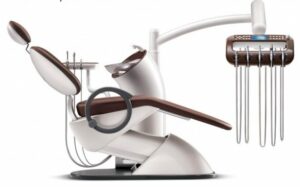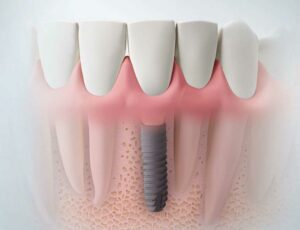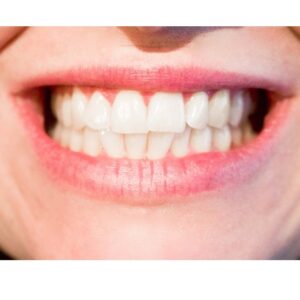If you have one or more areas of missing teeth, you’re likely considering all of the available dental options for missing teeth. One of the best products to bring back your mouth’s vital functions and beautiful appearance is dental implants. Dental implants are safe, comfortable and durable.
There are many ways to tell that you need dental implants, like the presence of cracked, broken or infected teeth. However, wanting an implant does not qualify you for an implant. Are you a candidate for dental implants?
Different Types of Dental Implants
The two main types of dental implants are:
- Subperiosteal: The implant is placed above the jawbone or under the gum. This type is ideal for candidates who have poor bone density and quality and do not want bone grafting.
- Endosteal: The implant looks like a screw and is made of titanium, which is placed into the jawbone. This type is the most common.
Within these two types are a variety of options, including:
- Single-tooth: This implant replaces one missing tooth nearly anywhere in the mouth and preserves the neighboring teeth.
- Implant-supported bridges: This implant bridges the gap of more than one tooth. It’s supported by implants underneath each missing tooth.
- Removable dentures: This option has the appearance of dentures with the stability of implants.
- All-on-4: This implant replaces the entire upper or lower set of teeth and is a permanent alternative to dentures.
Criteria for Qualifying for Dental Implants
You may qualify for dental implants if you have:
Good Bone Density and Quality
The implant fuses with the jawbone, so it needs an adequate amount of bone underneath it for support. Without this basis, the implant may fail. Bone density and quality is usually the factor that prevents children from being qualified for dental implants, because their jawbone is still growing.
Healthy Gums
Like the jawbone, gums are also essential in supporting the implant. Those with gum (periodontal) disease may have their implant fail if it’s not healthy enough. In some cases, gum disease can be treated to make gums healthy again, which then may be a qualification for dental implants.
Good Oral Health Habits
After an implant, dental hygiene becomes even more critical. Those who brush and floss daily and have dental cleanings regularly will enjoy a long-lasting implant because the area is clean, and therefore healthy.
Good Overall Health
General good health will benefit a dental implant. Getting the implant is a surgical procedure, so candidates need to be at a certain level of health to have a successful surgery.
Health conditions like diabetes or smoking and drinking alcohol put dental implants at risk because they cause poor oral health. Those with disorders or diseases that affect healing and those who take bisphosphonate medications for oral cancers are also not ideal candidates.
Get a Dental Implant From Hiossen® Implant
A Hiossen implant is the best dental implant for you to restore your confidence in your mouth. Learn more about Hiossen implants today by filling out the contact form on our website.




